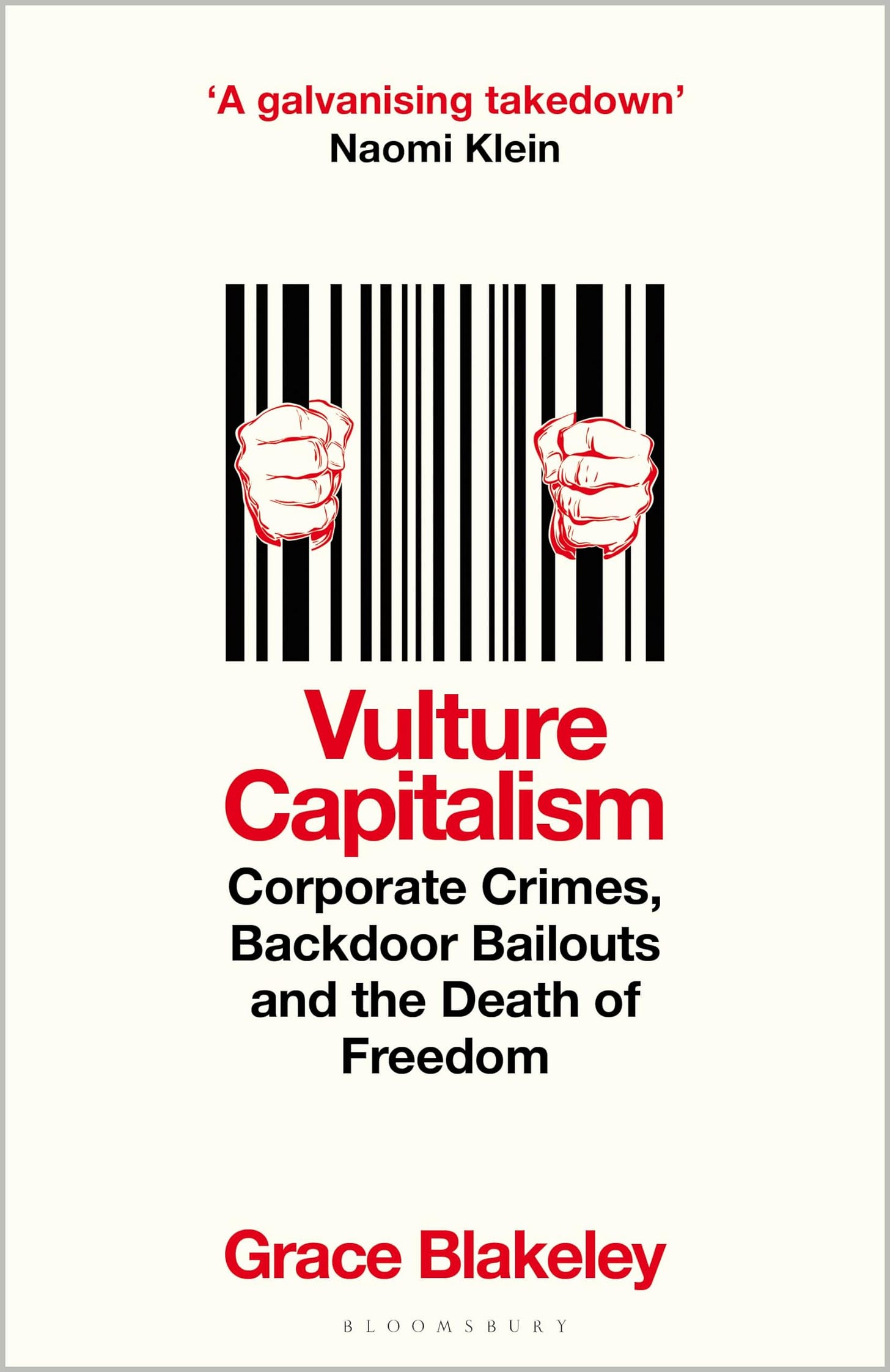Capitalism is projected to have liberated the world and changed people's lives. Maybe there was a time and a version of capitalism that was as such, but that time and version do not exist today.
This is the main thrust of this book, which demystifies how capitalism operates today and how it has never served the needs of the masses.
The author begins by focusing directly on the concept of free markets. By using the word “Free”; the impression is created that somehow this system espouses freedom. Nothing could be further from the truth.
Free Markets are an imposition by the Haves over the Have-nots. Just about a century ago, the US was one of the most protectionist countries in the world. After having used protectionism to develop its markets, it pivoted towards the Free Market once all the chips had been lined up after the Second World War.
But this Free Market principle is often shoved down the throats of developing economies as a panacea for their growth challenges. Free markets enable established American firms to compete on unequal terms with those in underdeveloped markets.
Free markets are not free at all. When faced with real competition from China in the Automobile space, the US using the excuse of national security pivoted to a protectionist role. Where are the free markets?
Another point discussed at great length is the role of capital in capitalism. What land was to feudalism, capital is to capitalism. It is a way of owning something using which one can control the people or workers. Capital is not available to everyone just like land was not available to everyone. Capital is used to exert power over people just as landowners would exert power over those who did not have lands.
The simplest way of understanding this power is by looking at the dynamics of any work environment. When one is employed, it is not like they read the contract every morning and go to work and perform only those things that have been agreed upon. Often one does things that were never agreed upon in any contract. Why? Well, an employee often does not have a choice in the matter because of the power imbalance. That power imbalance exists because of capital.
One interesting case discussed in the book is that of wage increases offered by Ford to his workers. This is often portrayed in heroic terms as a capitalist going above and beyond what the norms called for so that his workers could be happy. The truth is that the increased wages came with their requirements such as not being allowed to drink alcohol. He wanted workers to show up on time and deliver peak productivity and he achieved that by paying them more but at the same time extending his influence into how they lived their lives outside of work.
She also points out how the entire capital system always engages in picking winners. Banks decide which sectors to lend to. There is no democratic control over this. They are free to make these decisions and a handful of people sitting in ivory towers make them. This has a significant impact on the economy. The democratic control is nothing but a mere illusion.
The book does a great job of pointing out all that is wrong with capitalism today and points to the fact that democratic measures need to come back. She points to the example of Iceland which after the 2008 collapse decided to take the harder road because the decision was taken democratically and refused to accept the bailout offered by the British and Netherlands. It has left the country in a much better place today.
I highly recommend reading this book whether you care about economics or not. Read it because you exist in that system.


